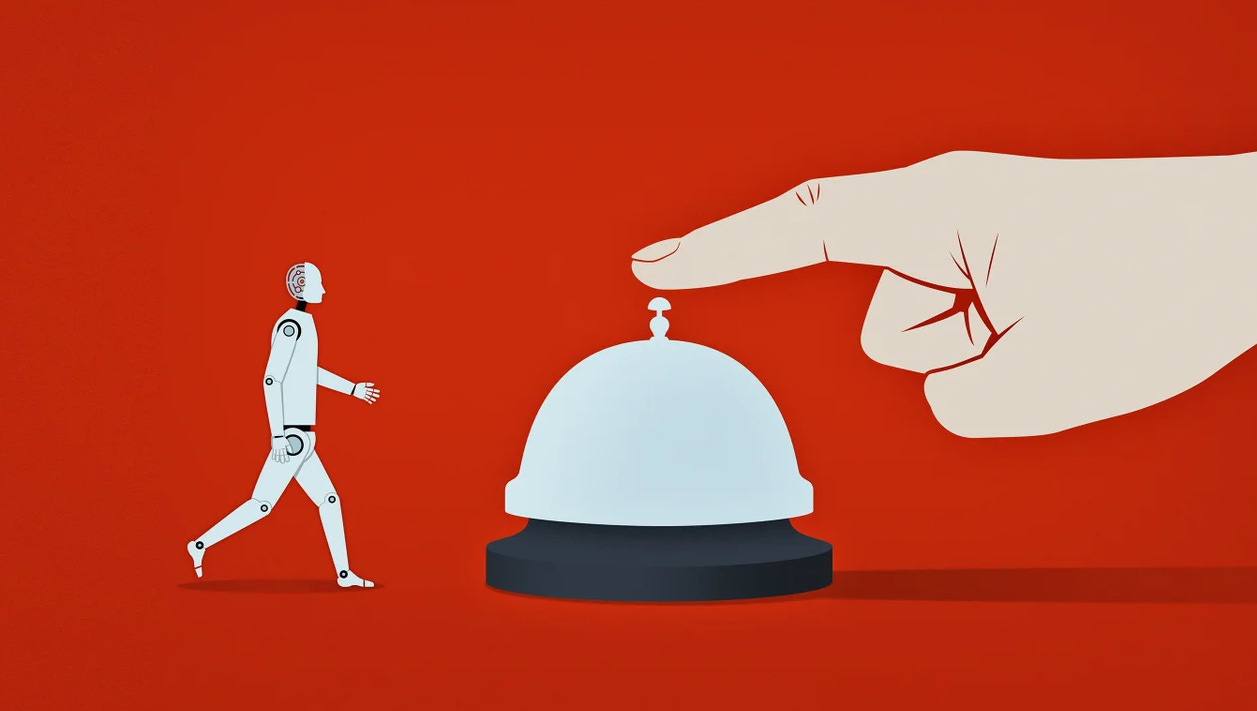People are more likely to cheat when they use AI
SCIENTIFIC AMERICAN
In results published in Nature, researchers found that people are more likely to cheat when they delegate tasks to an AI. “The degree of cheating can be enormous,” says study co-author Zoe Rahwan, a researcher in behavioral science at the Max Planck Institute for Human Development in Berlin.
Participants were especially likely to cheat when they were able to issue instructions that did not explicitly ask the AI to engage in dishonest behavior but rather suggested it do so through the goals they set, Rahwan adds—similar to how people issue instructions to AI in the real world.
Read more | SCIENTIFIC AMERICAN

